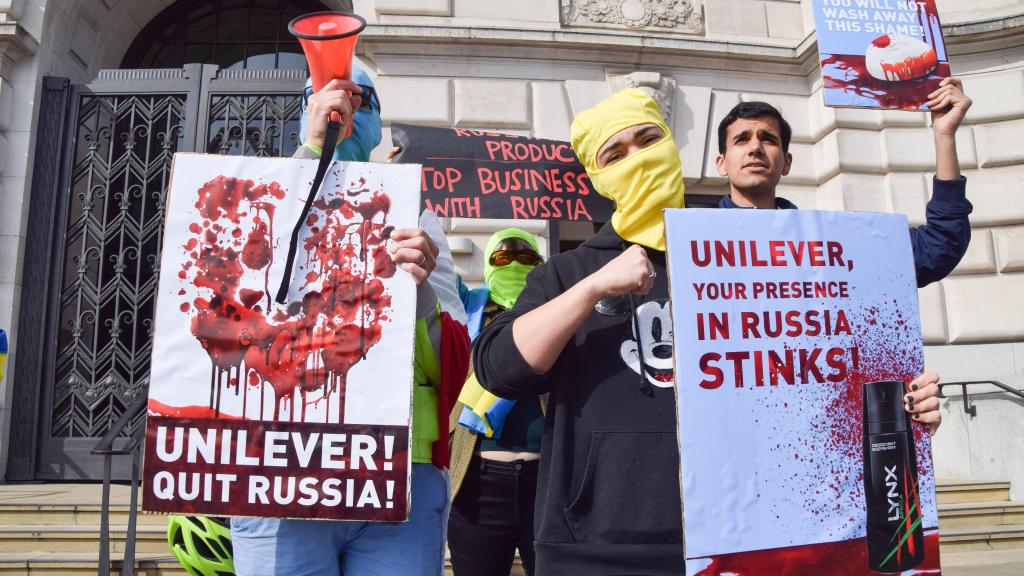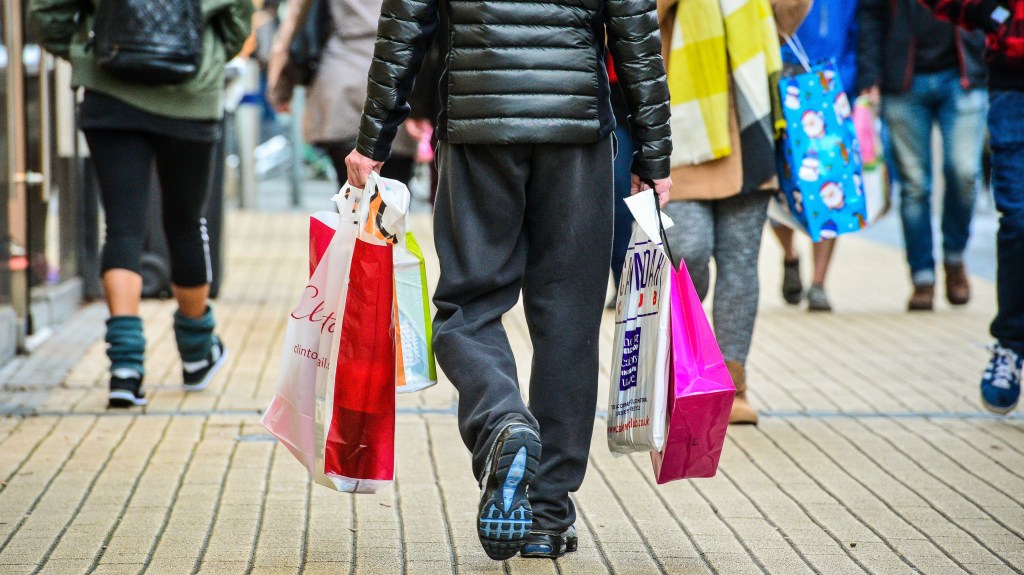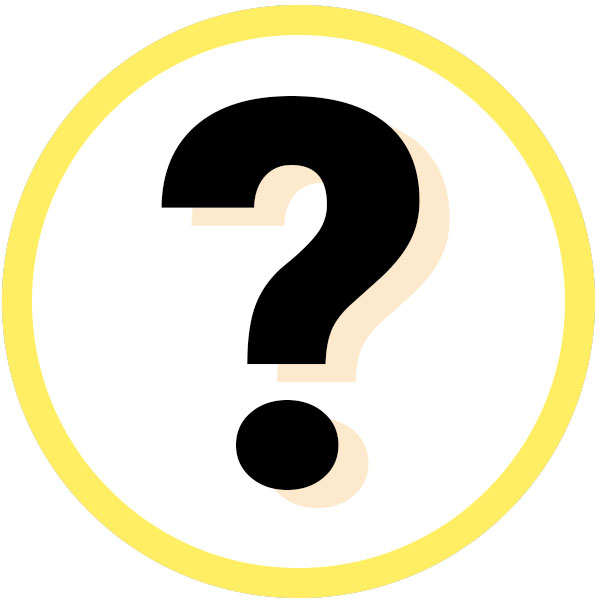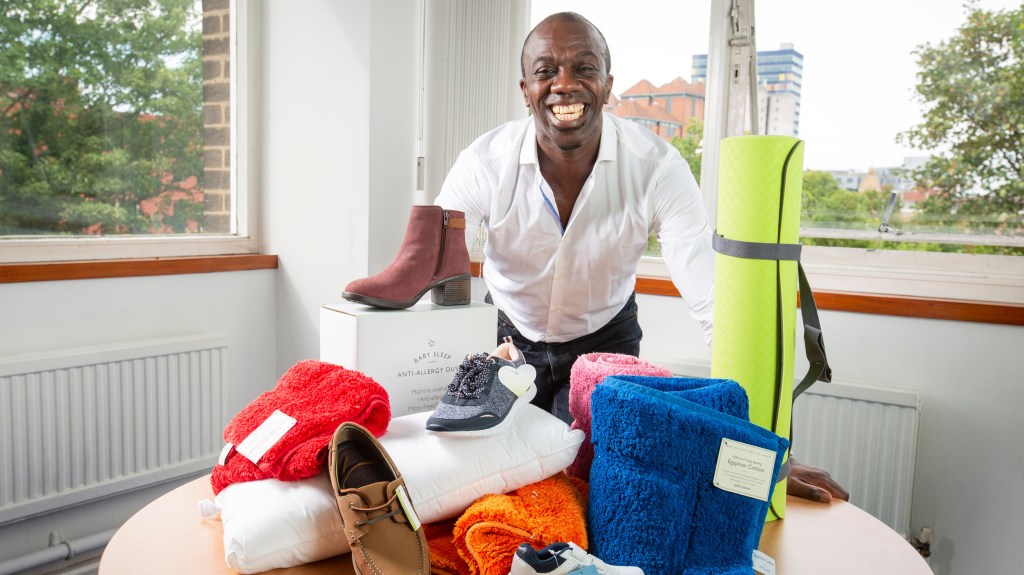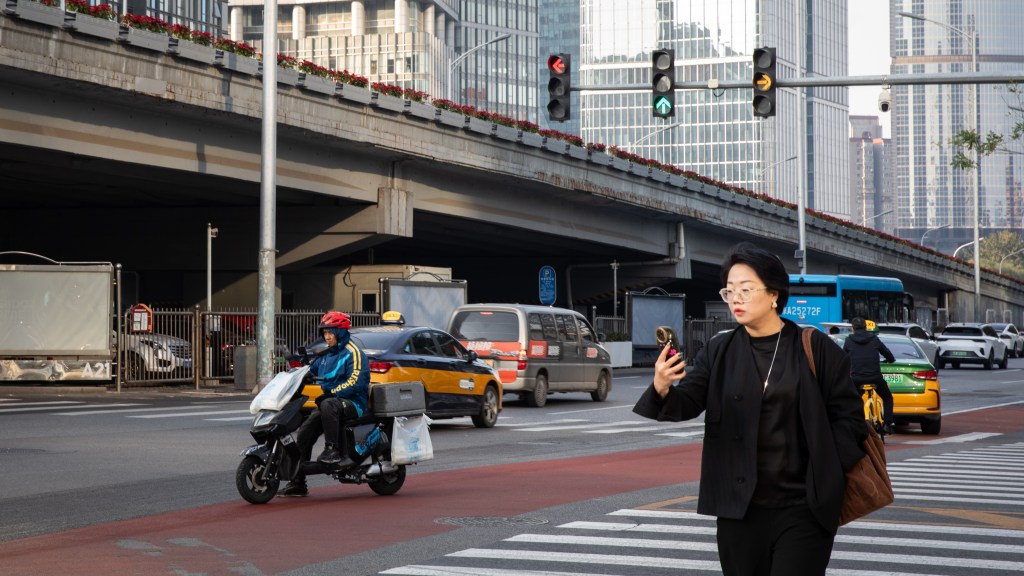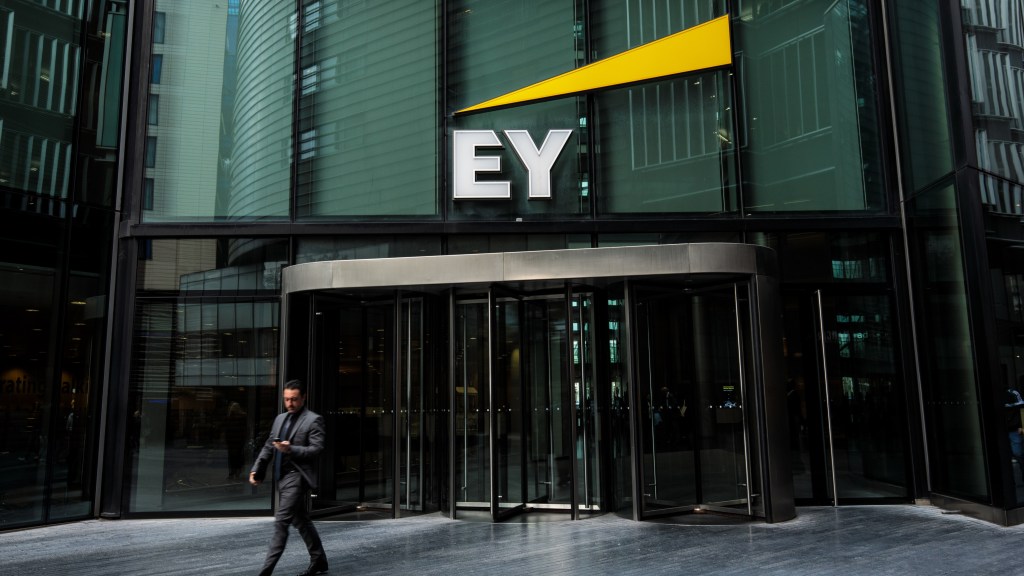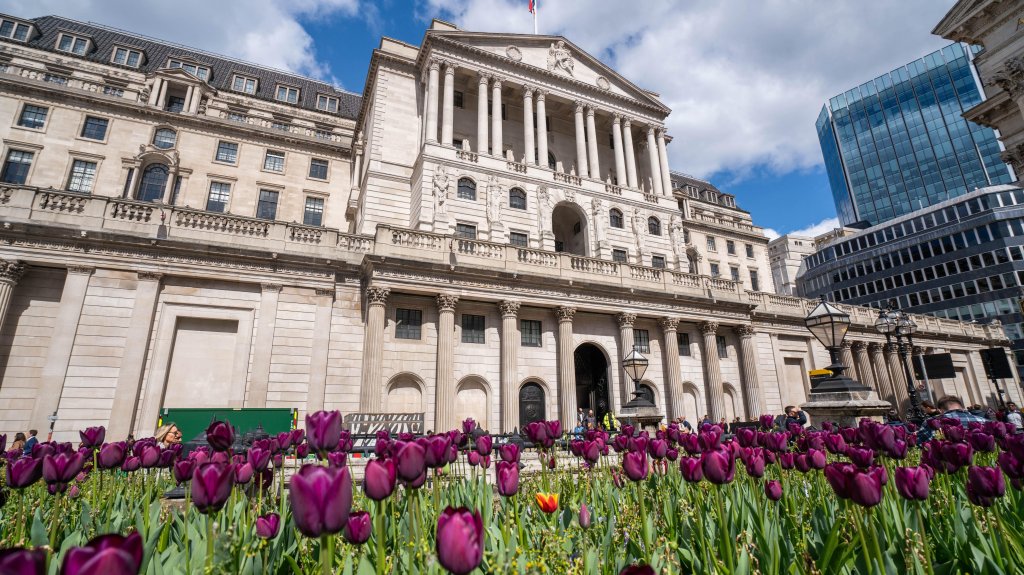Unilever Sells Its Russian Operations to Local Manufacturer Amid Criticism
Unilever has finalized the sale of its Russian subsidiary to a local manufacturing firm for approximately €520 million, following persistent pressure to withdraw its operations from the country after the invasion of Ukraine.
The London-based consumer goods company, which has faced accusations of being a «sponsor of war» for its delayed exit from Russia, announced it has reached a deal to transfer Unilever Rus to Arnest, a domestic producer of cosmetics, perfumes, and household products.
This transaction encompasses Unilever’s entire business operations in Russia, including its four factories and interests in Belarus. The Russian division employs around 3,000 individuals and holds rights to popular brands such as Dove soap and Domestos disinfectant.
Arnest is owned by Alexey Sagal, a Russian entrepreneur who has capitalized on the departure of many Western firms from Russia. Last year, Sagal acquired Heineken’s Russian operations—including seven breweries—for the symbolic price of €1.
Hein Schumacher, CEO of Unilever, stated on Thursday that the company had been diligently preparing for a potential sale of its Russian business over the past year. He commented, «This process has been extensive, involving the separation of IT systems and supply chains, as well as the adaptation of brands to Cyrillic script.»
Schumacher further noted, «The conclusion of this sale marks the end of Unilever’s operations in Russia.»
This decision comes nearly three years after Russia’s invasion of Ukraine, which began in February 2022. Since that time, Unilever, known for its products like Marmite, Magnum ice cream, and Hellmann’s mayonnaise, has encountered ongoing demands from advocacy groups and political figures to exit the Russian market.
Senior Labour MP Sir Chris Bryant expressed outrage, stating, «The notion that Unilever profited from selling Magnums as essential goods to Russians is incredibly frustrating.»
The Ukrainian government previously labeled Unilever a «sponsor» of the war after the company paid approximately 3.2 billion roubles (around £27 million) in corporate taxes in Russia in 2022. Oleh Simoroz, a Ukrainian soldier wounded in the conflict, criticized Unilever’s ongoing business activities, arguing, «You’re essentially funding terrorism by paying taxes to an aggressor nation.»
In defending its presence in the region, Schumacher maintained that maintaining operations was the «safest option» to prevent the company’s business from being taken over by the Russian government, directly or through other means, and to safeguard their employees. He had previously warned that a complete withdrawal could lead to nationalization, citing the situation with Danone, a French yogurt producer.
In September, The Moral Rating Agency, which monitors corporate links to Russia, cautioned against overly praising Unilever’s decision to sell its Russian assets to Arnest.
The agency stated, «It’s notable that a sale worth half a billion dollars could facilitate a morally sound exit. While divesting is a positive step, we must not overlook that Unilever has been supporting the Russian economy at a rate of around half a billion pounds annually—enough to finance a thermobaric rocket every nine days or an Iranian drone every 17 minutes.»
Schumacher mentioned in July that Unilever had significantly localized its Russian operations in the past year, with the primary goal of minimizing financial contributions to the Russian government.
In March 2022, Unilever was the first major European food company to cease all import and export activities with Russia.
The full withdrawal from Russia represents one of Schumacher’s most significant strategic decisions since his appointment, which has also included plans to spin off the company’s ice cream division, potentially lay off 7,500 employees, and concentrate on 30 core brands to address years of underperformance.
